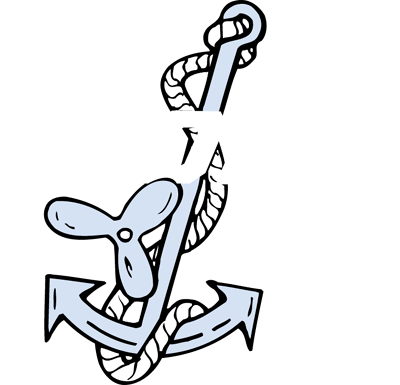If COVID-19 Breaks Out Among The Crew, What Are A Master’s Obligations?
Hypothetical: A ship is returning to the United States and several crew members come down with COVID-19 symptoms. On arrival, the ship is quarantined at anchorage and everyone is tested. Nine members of the crew test positive, and are removed and taken to a hospital. The remainder of the crew is quarantined in their cabins until they can all be removed safely, the ship is sanitized inside and out, and an entirely new crew is brought aboard with a clean bill of health to continue the ship’s voyage. What obligations does the ship’s master have before and upon arrival in its first American port?
(a) Vessel Reporting Requirements: MSIB 06-20, dated March 13, 2020, sets forth vessel reporting requirements and authorities for occurrences of illness or death, including illnesses caused by COVID-19.
(1) Any report of illness or death aboard a vessel that may affect the safety of a vessel or a port is a “hazardous condition” that, under 33 CFR 160.216, must be reported immediately to both the USCG Captain of the Port, and the Centers for Disease Control;
(2) 42 CFR 71.1 describes in detail the symptoms of an “ill person on board” in terms of fever, gastroenteritis, breathing disorders, decreases consciousness, bleeding, cramps, etc.;
(3) Per 42 CFR 71.21, the master must report immediately to the quarantine station at the nearest port at which the ship will next arrive, reporting all illness or deaths among crew or passengers in the 15-day period preceding the date of expected arrival;
(4) Forms for reporting illness and death to the CDC can be found at: https://go.usa.gov/xdjmj.
(b) Report of Crew Shortage, CG-729/Rev 3-67: Crew shortages as a result of COVID-19, or any other illness, must be reported to the USCG via a Form CG-729/Rev 3-67.
(c) Is a CG 2692 Required For A Covid-19 Outbreak Aboard A Vessel? 46 CFR sec. 45.03-1 defines a “marine casualty” as any occurrence that “impairs any aspect of a vessel’s operation” or the vessel’s “seaworthiness, efficiency or fitness for service or route.” In the above hypothetical situation, the ship was quarantined at anchorage until its entire crew could be removed, the ship could be sanitized thoroughly inside and out, and a new crew with a clean bill of health could be brought aboard. Although clearly not a “casualty” in the conventional sense, the above hypothetical clearly fits within the definition of a reportable “marine casualty.” In our opinion, the master should err on the side of caution and report the illnesses to the USCG via 2692 in addition to the other reporting requirements.
